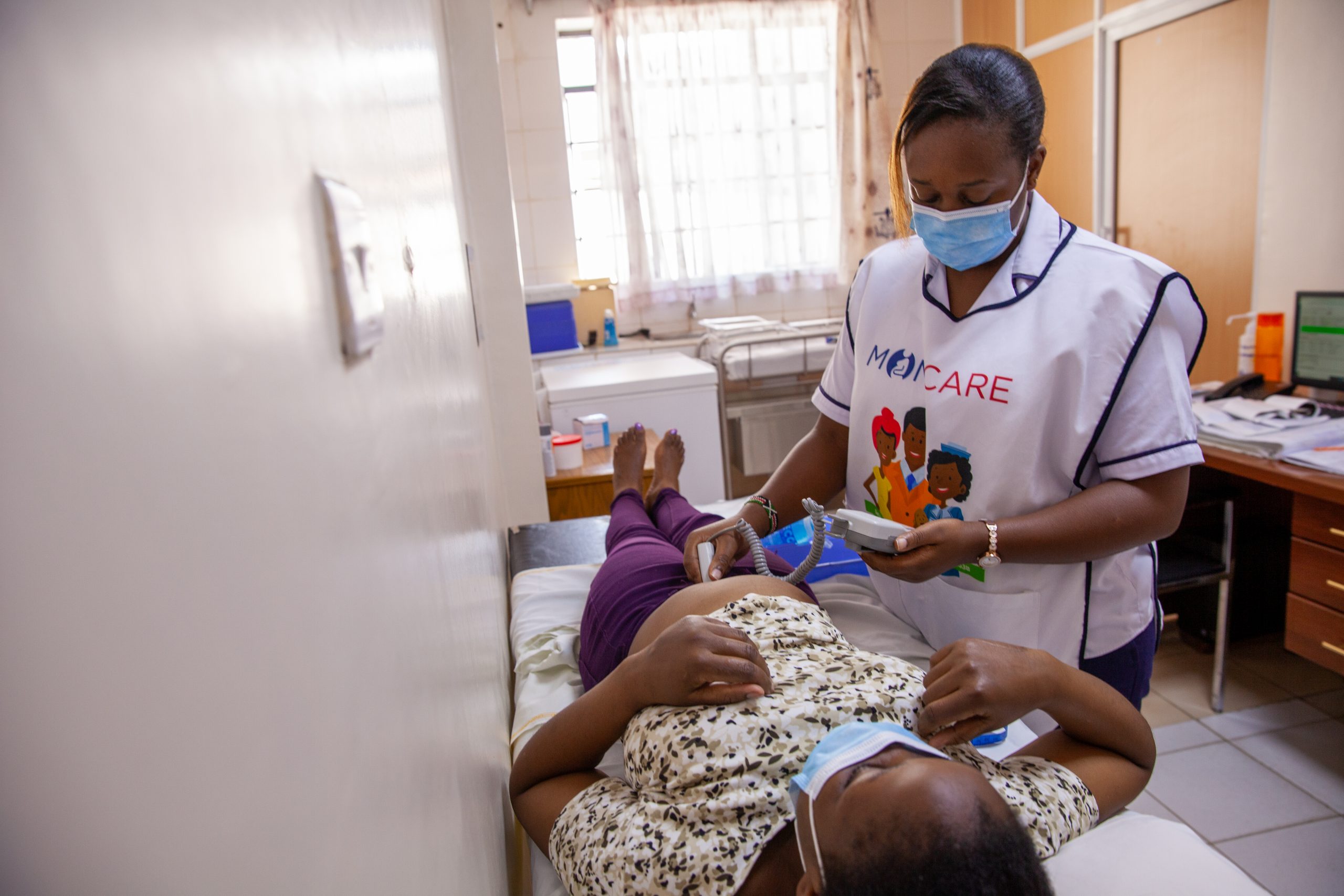
08 Mar AIGHD celebrates International Women’s Day by showcasing research about teenage pregnancy in Kenya
Today, March 8th is celebrated globally as International Women’s Day. It is a day to celebrate the social, economic, cultural, and political achievements of women. This day also marks a call to action for accelerating women’s equality in areas where it has not yet been achieved. The theme for International Women’s Day this year is #BreaktheBias. Although there have been great strides taken to reduce gender inequalities among many different platforms, gender biases are ingrained into social, economic, cultural, and political fabrics. These biases present themselves in the global health domain as well.
AIGHD engages in projects that not only help support women’s health and wellbeing but also understand factors that negatively impact the progress of women. AIGHD Research Fellow Prof. Wendy Janssens and intern Robin Geerts, in collaboration with PharmAccess, have been studying teenage pregnancy during the COVID-19 pandemic. The BBC recently covered their research in a news piece discussing the implementation of Pharmaccess’ “MomCare” project.
In the last two years, as a result of the COVID-19 pandemic, schools and universities shut down in Kenya for several months causing young women and girls to stay at home. According to World Vision, it is estimated that over 400,000 teenage pregnancies have been documented during the COVID-19 pandemic in Kenya alone. During the BBC’s coverage on teenage pregnancy in Kenya, expectant mother Faith Mwaniki explained how “[she] felt very bad because you can imagine my classmates would finish their exams and join different colleges but for me, I had begun an endless journey of motherhood.” The inability to continue their education and the sudden responsibility of having a child during the pandemic created more stress on young girls. Not only do many of these girls face stigmatization within their community, causing them to hide their pregnancy, but the pandemic also made it very difficult for expectant mothers to receive appropriate care.
PharmAccess’ MomCare is a digital solution to help provide care, counseling, and support for young pregnant girls and women in Kenya. Implemented across 61 healthcare centers across Kenya and Tanzania, MomCare offers a “health wallet” on women’s mobile phones that allows pregnant women to access quality antenatal and postnatal care, as well as delivery services at a health facility. Through MomCare, expectant mothers are able to receive appointment reminders, important information about the different stages of their pregnancy, while also providing financial compensation to healthcare providers when women complete their full pregnancy journey at the clinic. MomCare has shown the importance of data during a major health crisis like the COVID-19 pandemic: healthcare workers could directly reach out to vulnerable populations like pregnant teenage girls, offer SMS messages about how to deal with COVID-19, and identify pregnant girls and women nearing their delivery date to support them with emergency ambulance services and extended bed allowances. So far, MomCare has helped support 41,974 women across Kenya and Tanzania and can be scaled to fit any primary care setting in Africa.
With practical solutions like MomCare, researchers at AIGHD and PharmAccess are developing innovative ways to support women and girls around the world. Through this model of care, we are one step further in supporting women’s health and ensuring that women are provided the care and support they deserve during their pregnancy journeys.
Interested in learning more about PharmAccess’ MomCare project? The policy brief is linked here.
Photo courtesy of PharmAccess
